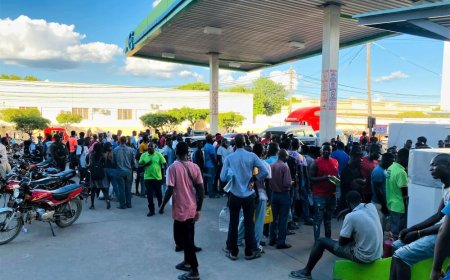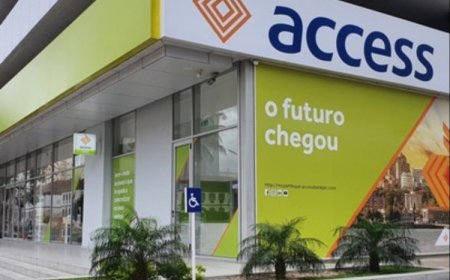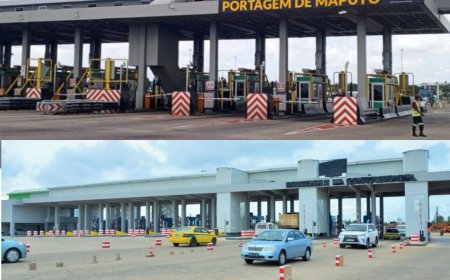After 10 years of cooperation and debt accumulation: Guebuza turns his back on the west
Former Mozambican head of state, Armando Guebuza, surprised the nation last Thursday (27th) by accusing the West of having an agenda to sow discord among African peoples, particularly Mozambicans.
These statements were made during the launch of the second edition of his book "Os Tambores que Cantam" in Maputo, an event attended by controversial figures such as Alexandre Chivale, who had been missing for two years after being named a defendant in the hidden debts case.
“(...) the task of some people [Westerners] is to convince Africans to consider that their community, their family, their relatives are a danger,” said Guebuza.
He also suggested that the corruption accusations against African managers are fabricated by the West, despite data from the Central Office for Combating Corruption (GCCC) indicating the initiation of more than 1,500 corruption cases per year, mainly against public managers.
“Our qualities, the most human ones we have, have been turned into corruption, but only for them. Let them think it's corruption. We [Africans] believe it is a value to preserve, defend, and continue to value,” Guebuza rebutted.
Contradictions and Debt Accumulation
Paradoxically, during his 10 years in office, Armando Guebuza maintained a close relationship with Western countries, relying on them to significantly indebt Mozambique. It was under his leadership that the country's external debt grew from $4 billion during Alberto Chissano's government to more than $15 billion between 2004 and 2014.
Between the 1990s and 2000s, Mozambique's public debt significantly reduced thanks to various debt relief initiatives. From over 150% of GDP in 1998, the debt dropped to about 50% of GNP in 2006.
However, since then, public debt growth accelerated, nearing 100% of GDP by 2015. Debt contracted from countries in the BRICS group, in addition to European countries, was a major determinant of this growth.
Between 2008 and 2014, Mozambique’s debt with BRICS increased more than ninefold, from about $191 million to about $1.8 billion,” cites the Centre for International Studies.
When he took office in 2004, Guebuza inherited a country with almost no debt, thanks to the work of Luísa Diogo, Minister of Finance under Chissano, who capitalised on global debt forgiveness initiatives granted by wealthy countries.
Hidden Debts and Consequences
Guebuza's legacy includes the controversial hidden debts, fraudulent and undeclared loans totalling more than $2.2 billion, contracted from Western banks through Previnvest. “The growth of cost and overall stock, the hidden debts represent about 20% of the total public debt,” according to the National Treasury Directorate in 2017.
This indebtedness, channelled for personal benefit and not for the State, resulted in trials and convictions of several officials and continues to mortgage the country's future.
The hidden debts severely damaged Mozambique’s reputation in international financial markets, a situation the current government is still trying to resolve in courts in England and the United States.
As a direct consequence, the International Monetary Fund (IMF) ceased funding the State Budget, delaying crucial social impact investments and activities essential for the country's development.




















